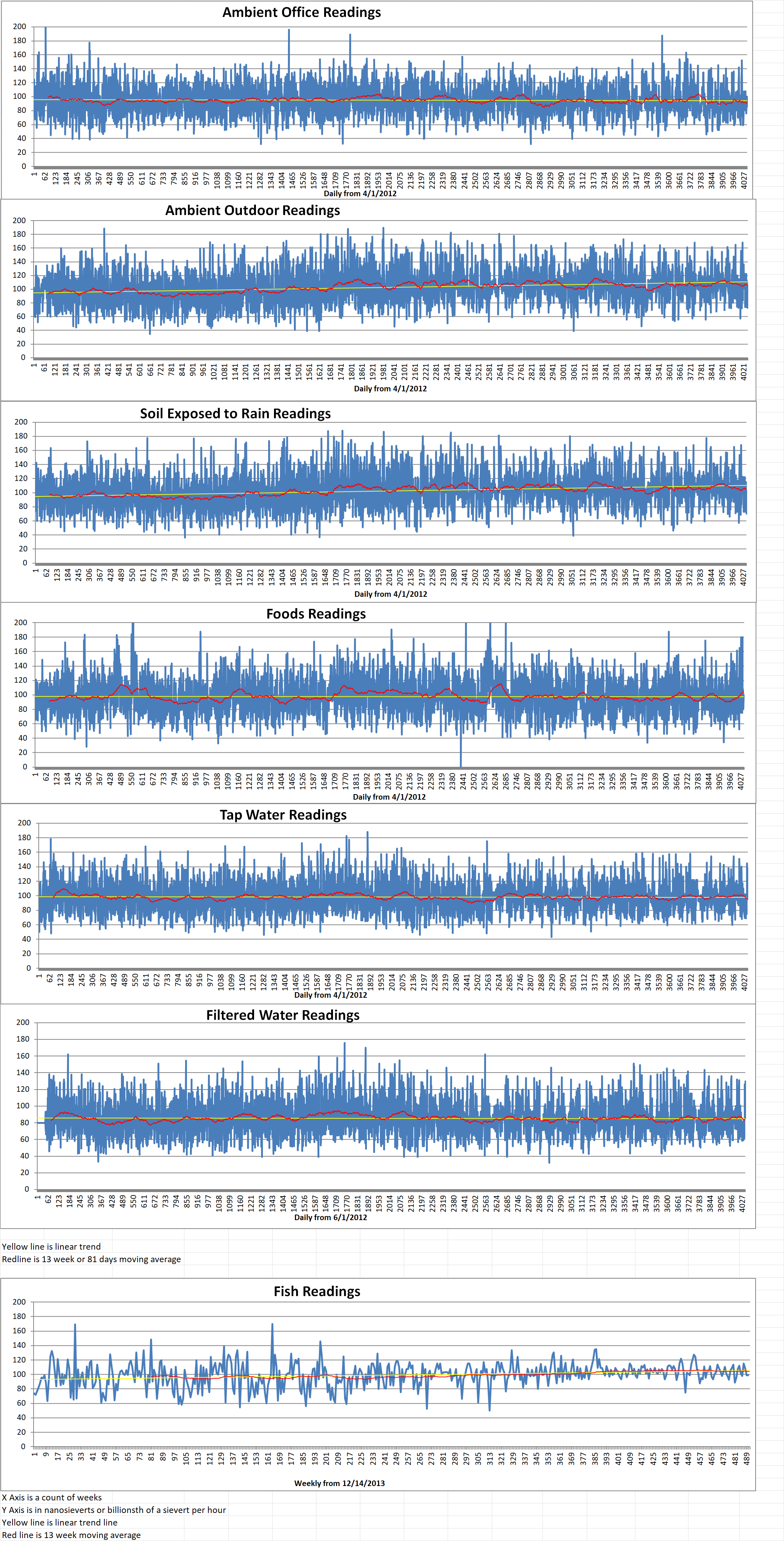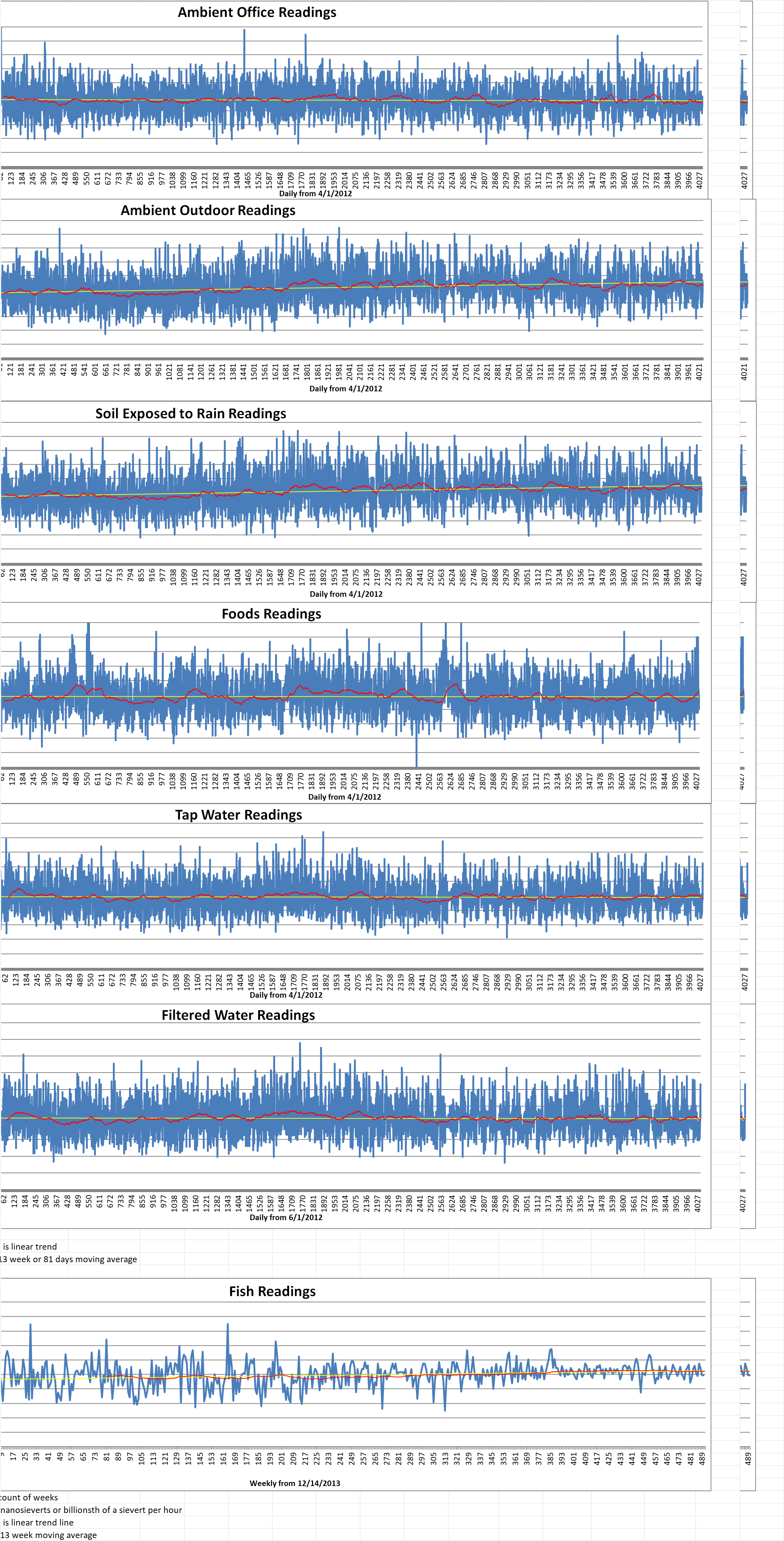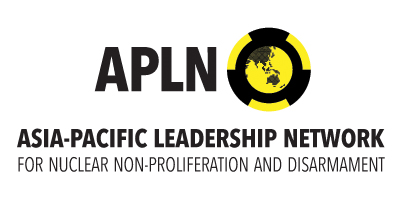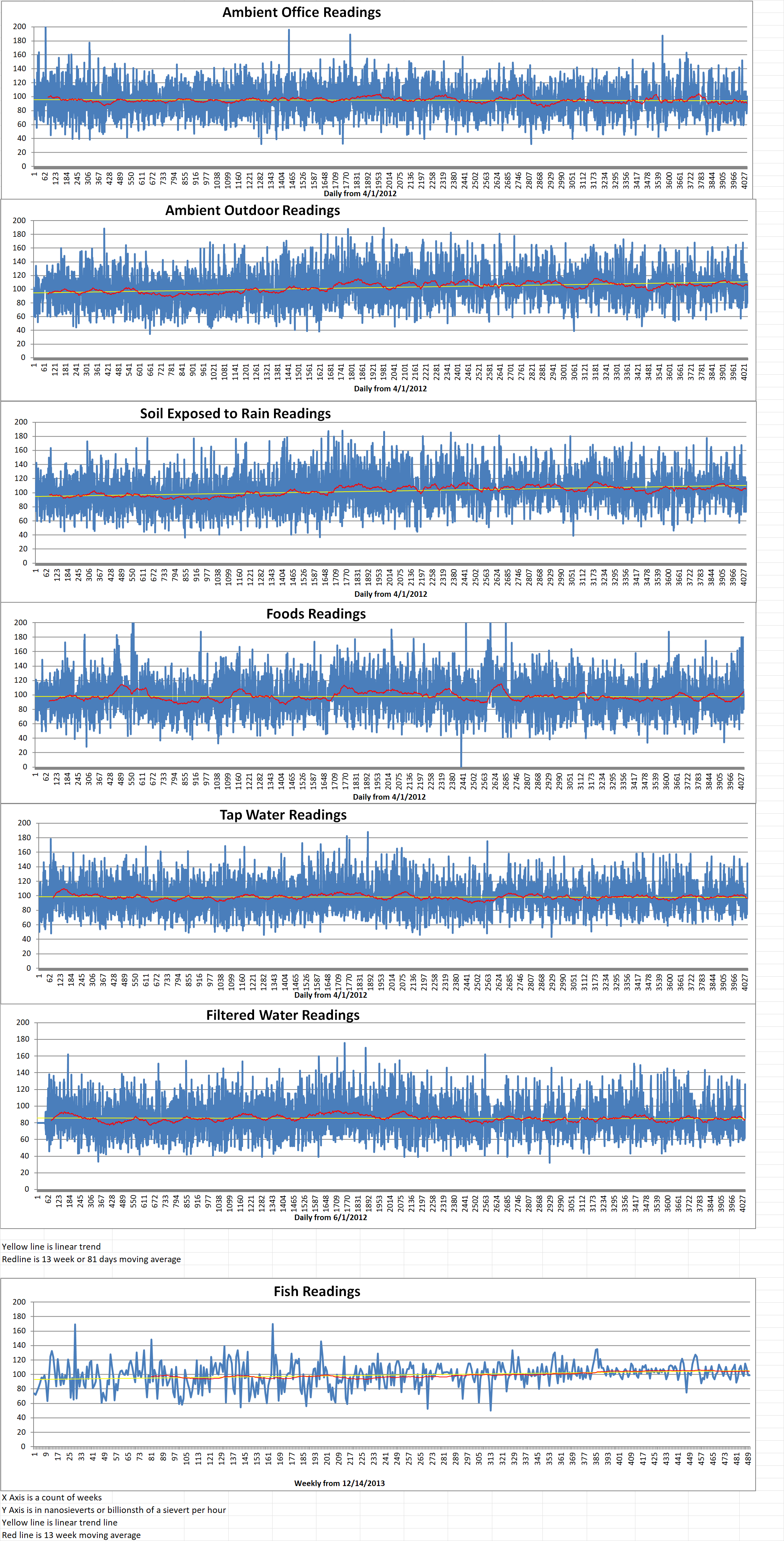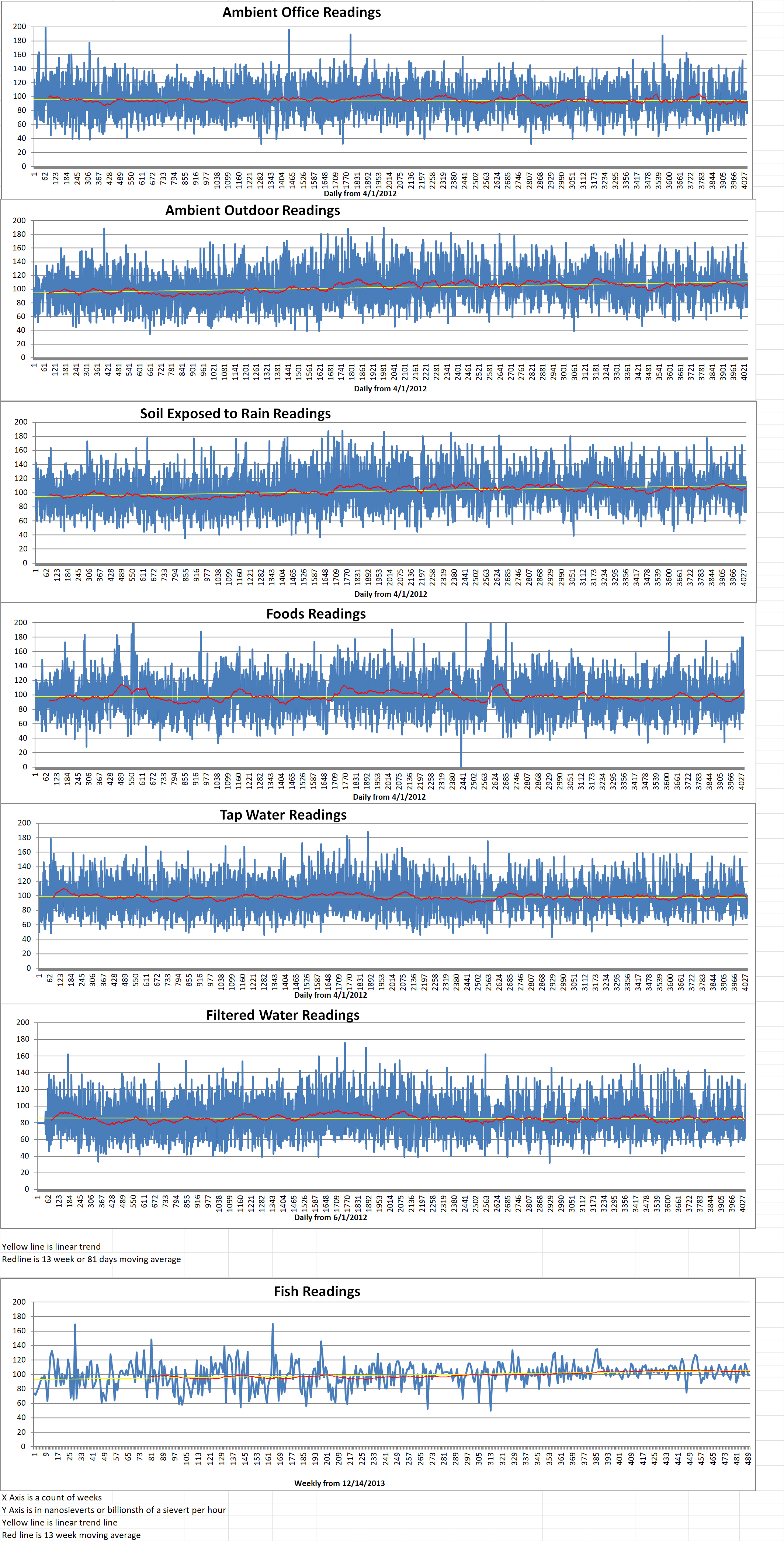Part 2 of 2 Parts (Please read Part 1 first)
Evans said that Joe Biden, the U.S. president, and the former president Barack Obama were “both personally attracted to going down the path of “no first use” or making a “sole purpose” declaration that may have a similar effort. However, he said that both presidents “were dissuaded from doing so by their nervous East European and Asia-Pacific allies, Australia included”. He added that the fact that the Biden administration moved away from such a position in its October 2022 nuclear posture review “should be seen not as the end of the argument, but the beginning – an advocacy challenge for us”.
China has publicly committed to a “no first use” policy. However, it is on track to deploy more than a thousand nuclear warheads by 2030 as part of its rapid military modernization.
The U.S. is reported to have three thousand seven hundred and fifty active nuclear warheads. It has made no such declaration. The U.S. pledged to use nuclear weapons only in “extreme circumstances”.
Kim Jong-un is the leader of North Korea. Last year he called for an exponential increase” in the regime’s nuclear arsenal.
Evans issued a stark warning about the international security environment. He said that the risk of nuclear weapons being used through human error, miscalculation or system error was “greater than ever, not least given new developments in AI and cyber-offence capability”. In addition to seeking universal support of “no first use”, Evans also mentioned other potential risk-reduction measures including cutting the number of nuclear weapons ready for immediate use.
Evans said, “The case for the Albanese government getting back on the front foot in this space and articulating a principled but realistic agenda that is capable of having a positive international impact, and giving some comfort to ALP members and voters that we are really serious about nuclear arms control, seems overwhelming.”
Gareth Evans was foreign minister of Australia from 1988 to 1996 under the Keating and Hawke administrations. His concern about nuclear weapons use will probably carry some weight within the Australian government.
The current foreign minister of Australia is Penny Wong. She has praised Evans for his “very proud record” on disarmament and non-proliferation. In the joint letter to the current Prime Minister before his trip to China, Evans and fourteen other arms control advocates and political figures said that the Indo-Pacific was now the “the epicenter of global nuclear threats. Potential flashpoints form an arc ranging from north-east Asia through East Asia to the South China Sea and on to south Asia. “However, in contrast to the many structures that evolved to manage cold war nuclear relations, our region has yet to develop such mechanisms. Urgent action is required to address this situation.”
The APLN letter was supported by high-powered experts including John Carlson, the former head of the Australian Safeguards and Non-Proliferation Office, and Ramesh Thakur, a former UN assistant secretary general, John Tilemann, a former diplomat and international civil servant with the International Atomic Energy Agency, and Gary Quinlan, a former Australian ambassador to the UN, the leader of the Greens in the Senate, Larissa Waters.

